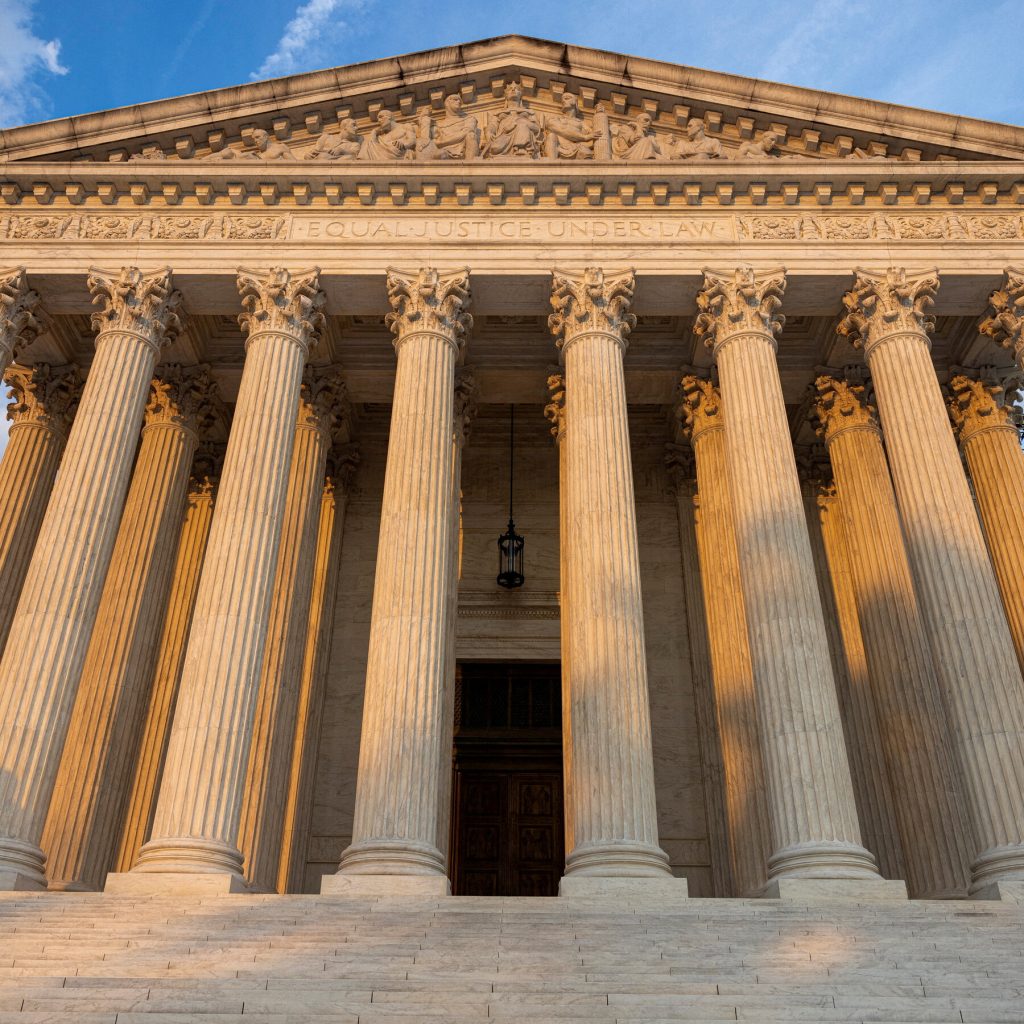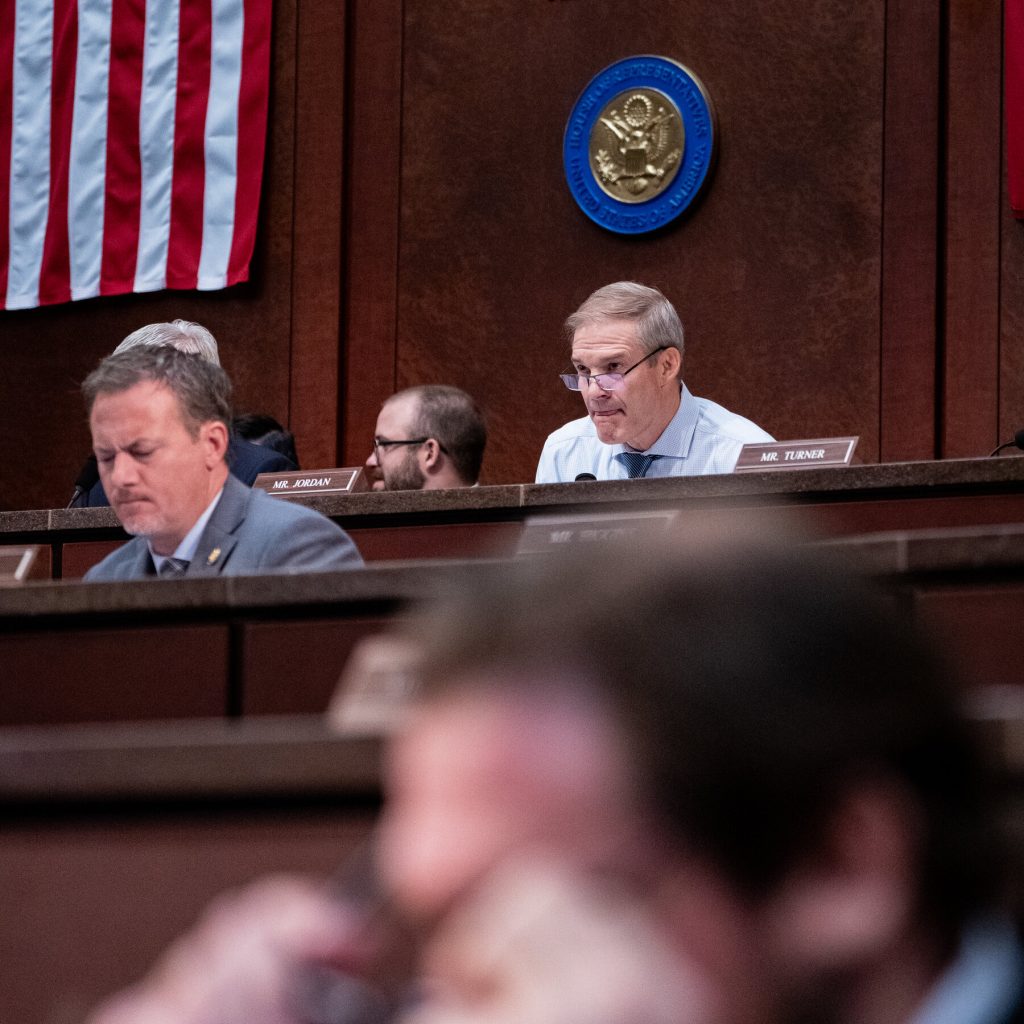The Economic and Legal Case Against Trump’s Tariffs

This week, the Supreme Court is set to scrutinize a pivotal component of President Trump’s trade policy, with far-reaching implications for businesses across the nation. At the heart of the matter are Trump’s tariffs, which have been a cornerstone of his administration’s approach to international trade. The tariffs, imposed on a range of imported goods, particularly from China, have sparked intense debate and raised significant economic and legal concerns.
The tariffs, introduced under Section 301 of the Trade Act of 1974, have allowed the Trump administration to unilaterally impose taxes on imported goods without congressional approval. This has led to a substantial increase in costs for American businesses, which have been forced to pass on these additional expenses to consumers. Critics argue that the tariffs have not only failed to achieve their intended goal of pressuring China into making concessions but have also had a detrimental impact on the US economy.
The economic implications of Trump’s tariffs are multifaceted. By increasing the cost of imported goods, the tariffs have effectively acted as a tax on American consumers. This has disproportionately affected low- and middle-income households, which spend a larger portion of their income on basic necessities. Furthermore, the tariffs have disrupted global supply chains, causing uncertainty and financial strain for businesses that rely on imported components.
From a legal perspective, the tariffs have raised concerns about the president’s authority to impose taxes without congressional consent. The Constitution grants Congress the power to regulate commerce and impose taxes, and critics argue that the Trump administration’s actions have overstepped these constitutional boundaries.
The Supreme Court’s review of Trump’s tariffs will have significant implications for businesses and the broader economy. A ruling against the administration could limit the president’s ability to impose tariffs without congressional approval, potentially leading to a shift in the balance of power between the executive and legislative branches. Conversely, a ruling in favor of the administration could embolden future presidents to use tariffs as a tool of trade policy, potentially leading to increased protectionism and economic instability.
As the Supreme Court considers the case, businesses and policymakers are anxiously awaiting the outcome. The stakes are high, and the court’s decision is likely to have far-reaching consequences for the US economy and the global trading system.




